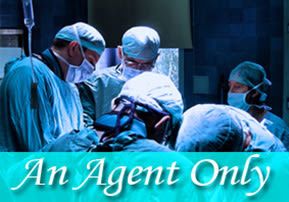
An Agent Only
Even though the physician may be an eminent and significant agent used to bring about healing, nevertheless, the healing process is channeled from Hashem…

Part 1 of Medicine in Judaism
In order to understand the history and development of medicine in traditional Judaism, one must first preface one’s study with a basic understanding of the source which serves to guide and direct the Jew in his daily activities. This first of three articles, will analyze the Torah perspective on what the role of medicine exactly is. Part two will explore healing texts and practices throughout Jewish history. Part three will compare specific practical healing methods that have been used in Traditional Jewish Medicine with parallels found in theory as well as clinical practice in the other unbroken tradition of healing: Chinese medicine.
It is from the Torah that the principles governing the life of the Jew, physically, emotionally, intellectually and spiritually originate. Given approximately 3,300 years ago to more than 3,000,000 Jews on Mount Sinai, The Torah (translated as “instruction”) is composed of two parts: The Written Torah, known as the five books of Moses, contains the laws governing the life of the Jew, and early Jewish history. The Oral Torah, taught simultaneously by Ha-Shem to Moshe on Mount Sinai was transmitted orally. Between 1500 and 2000 years ago, it was committed to writing by the leaders of the generations who felt that its transcription was essential in order to maintain its integrity. The product of their work is called the Talmud, and it is made up of 38 volumes or tractates, which go into specific detail, in outline and discussion form, as to the practical application of the law. Though there are a number of references to medicine and healing in the Written and Oral Torah, our discussion will be limited to three specific verses.
A first reference to medicine in the Written Torah, is found in Exodus 15:26, where we are told who the ultimate Doctor is: “…Every illness that I have placed upon Egypt, I will not place upon you, for I am Hashem your Doctor.” This verse, the Oral Torah teaches us, qualifies the role that the physician has in the actual healing process, for even though the physician may be an eminent and significant agent used to bring about healing, nevertheless, that healing is channeled from Hashem. Of course, there is always the temptation for the physician to arrogantly view himself as holding the power of life and death in his hands. This, the Oral Torah tells us is a foolish mistake, for as the mishna is Kiddushin 4:14 “[Those who view themselves as] the best physicians, go in hell!” Though shocking, the implication here is not to discourage the medical practitioner from pursuing excellence, but rather to encourage him to treat his patients with a spirit of humility and an attention to detail. As an imperfect agent, practicing an art, the physician needs to recognize his own fallibility and that no matter how knowledgeable or experienced the doctor is, the possibility of failure is ever-present. For there are times, even in the simplest of medical cases, when things don’t go as expected and the patient dies. Just as importantly, when the physician is successful, it is incumbent upon him to humbly accept his success with gratitude.
Yet, despite the possibility of failure, the Torah clearly does mandate the physician to practice the art of healing. When addressing a case of physical injury inflicted upon another, the Torah states (Exodus 21:19), “…and he shall surely heal.” The Oral Torah teaches us, that from this verse the physician not only receives permission to practice medicine, but must use all means available to him to heal the patient. (Interestingly, the commentators point out that this verse also teaches us that a physician’s essential job is to heal in every manner available to him, but to give up on a patient as hopeless is forbidden!)
A third reference to medicine in the Written Torah is a Divine injunction to preserve the health of one’s body and spirit. This mandate is derived from the verse in Deuteronomy 4:15 which states: “and you shall guard diligently you soul.” From here, the Oral Torah teaches us to take the utmost care of our physical and spiritual health and to guard and protect it in every possible way. We were created not by coincidence with the exact number of vessels and limbs corresponding to the number of Divine commandments (mitzvot). As a matter of fact the Jewish mystical tradition, teaches that each mitzvah explicitly corresponds to a part of the body, and by way of the pulse, it can be determined if a mitzvah is not properly being observed and if the corresponding organ is out of balance! (More about pulses in part 2!) From this verse, we also learn three basic principles of Traditional Jewish Medicine: first, any activity that harms the body (including substance abuse) is strictly forbidden, second, reasonable precautions must be taken to avoid becoming sick in the first place, and third, it is beneficial both physically and spiritually to observe the Commandments of the Torah with the appropriate focus and intention.
It is these verses that form part of the foundation from which Judaism views the role of the healer throughout history: First, all healing emanates from G-d, second, the physician, as His agent, must do everything in his power to try to heal the patient and do him no harm, and third, in order to prevent illness from occurring one must protect one’s body and soul from harm.. The late Biala Rebbe of Jerusalem, Rabbi Yechiel Yehoshua Rabinowicz, used to point out, that when we are really in touch with our spiritual selves, then physically we become much more connected to Hashem as well. The term “mesirat nefesh,” (usually translated as self-sacrifice) means much more than giving up our lives. The Rebbe, zt”l tells us that when we make our primary focus pleasing Hashem, and connecting our “nefesh” (spirit) to Him, then any related physical action takes on new meaning, and is also “mesirat nefesh!” Let us never forget that we don’t have to become “victims,” and by integrating, rather than compartmentalizing our lives, we truly empower ourselves.
***
Yehuda Frischman is licensed to practice Acupuncture and Oriental medicine by the California state Acupuncture Board. He is a graduate of Dongguk Royal University (2004) with a Master of Science degree in Oriental Medicine. His website is www.traditionaljewishmedicine.net.



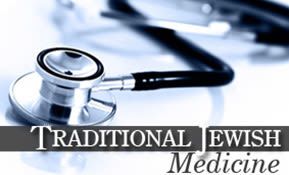
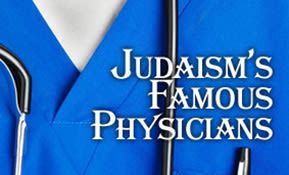
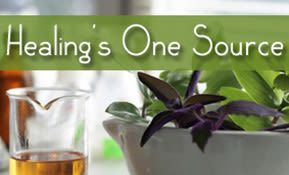

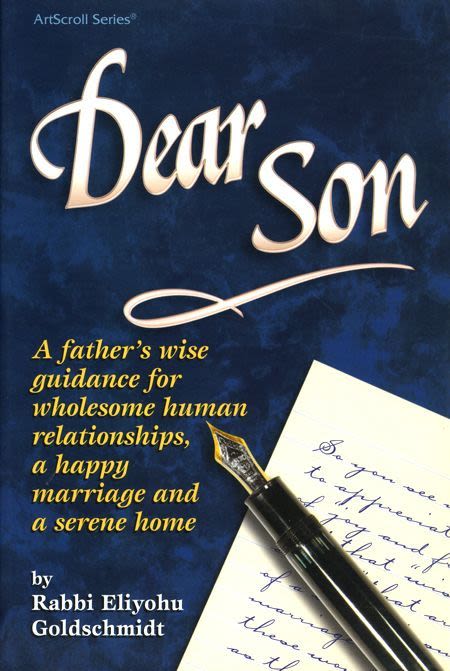
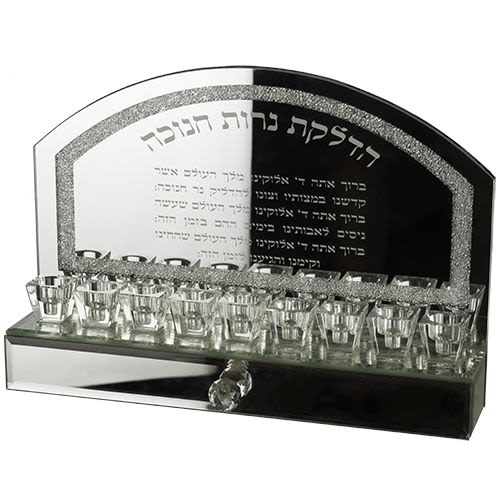

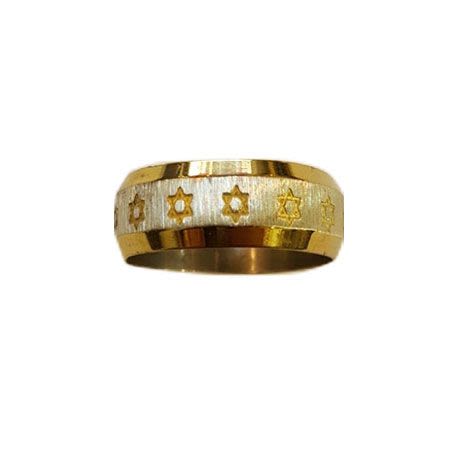
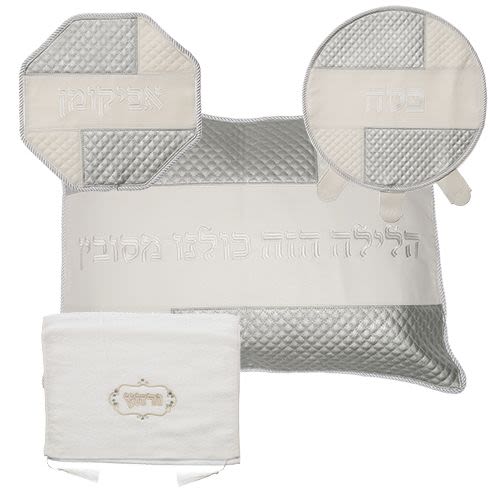

Tell us what you think!
Thank you for your comment!
It will be published after approval by the Editor.